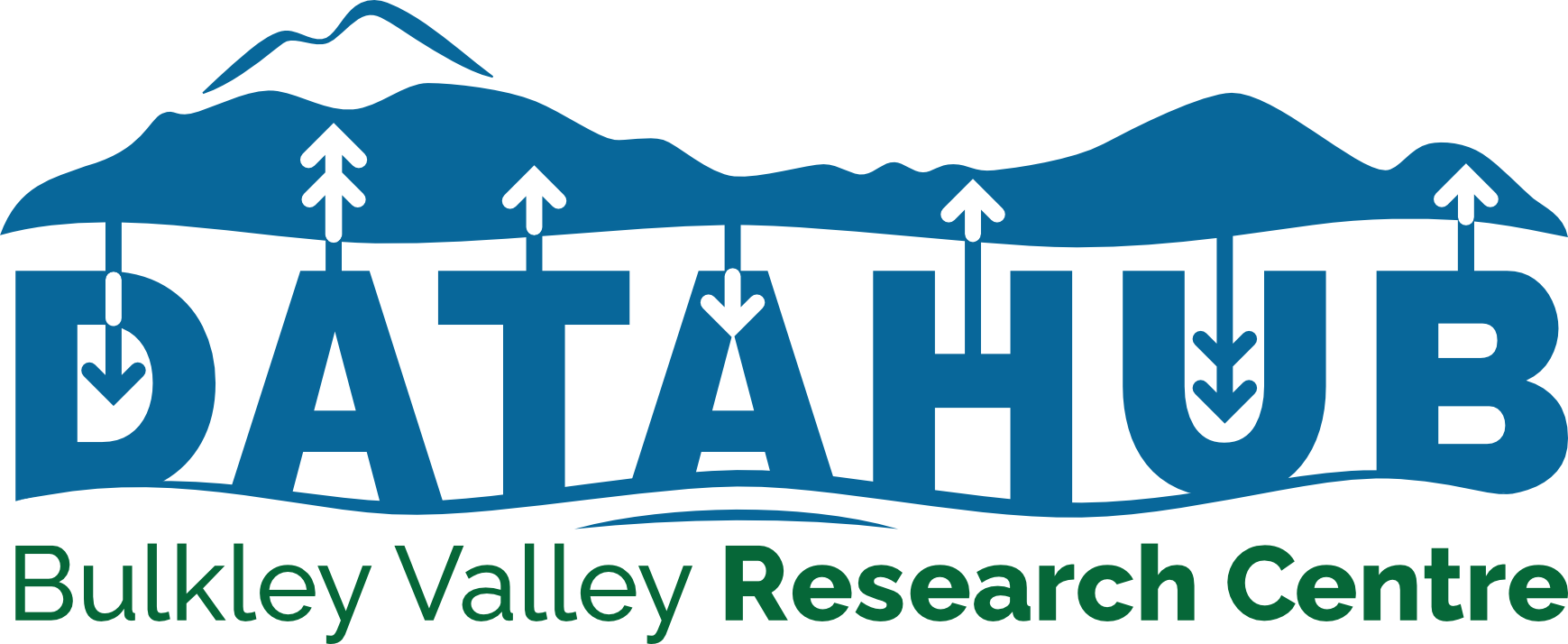INTRODUCTION
Many British Columbia communities rely on forests to meet their economic, recreational and cultural
needs, climate change and consequent changes in forest management can significantly affect these
needs. People exist within a context of complex multi‐scale social, economic and ecological systems. To
help communities adapt to change, it is critical to describe these socio‐ecological systems—to clarify
different scales of decision making, where communities fit in, how people will be impacted, what they
have control over, how and who can respond to climate change.
This report presents the results of testing a community livelihood methodology and its application in
north‐western BC. The background theory to the method is initially presented along with the context of
the assessment. A structured methodology is shown integrating sustainable livelihood and integral
theory approaches in developing an assessment of livelihoods in the context of climate change in north
western BC. Finally, reflections on the application of the method and areas of improvement are
discussed.

